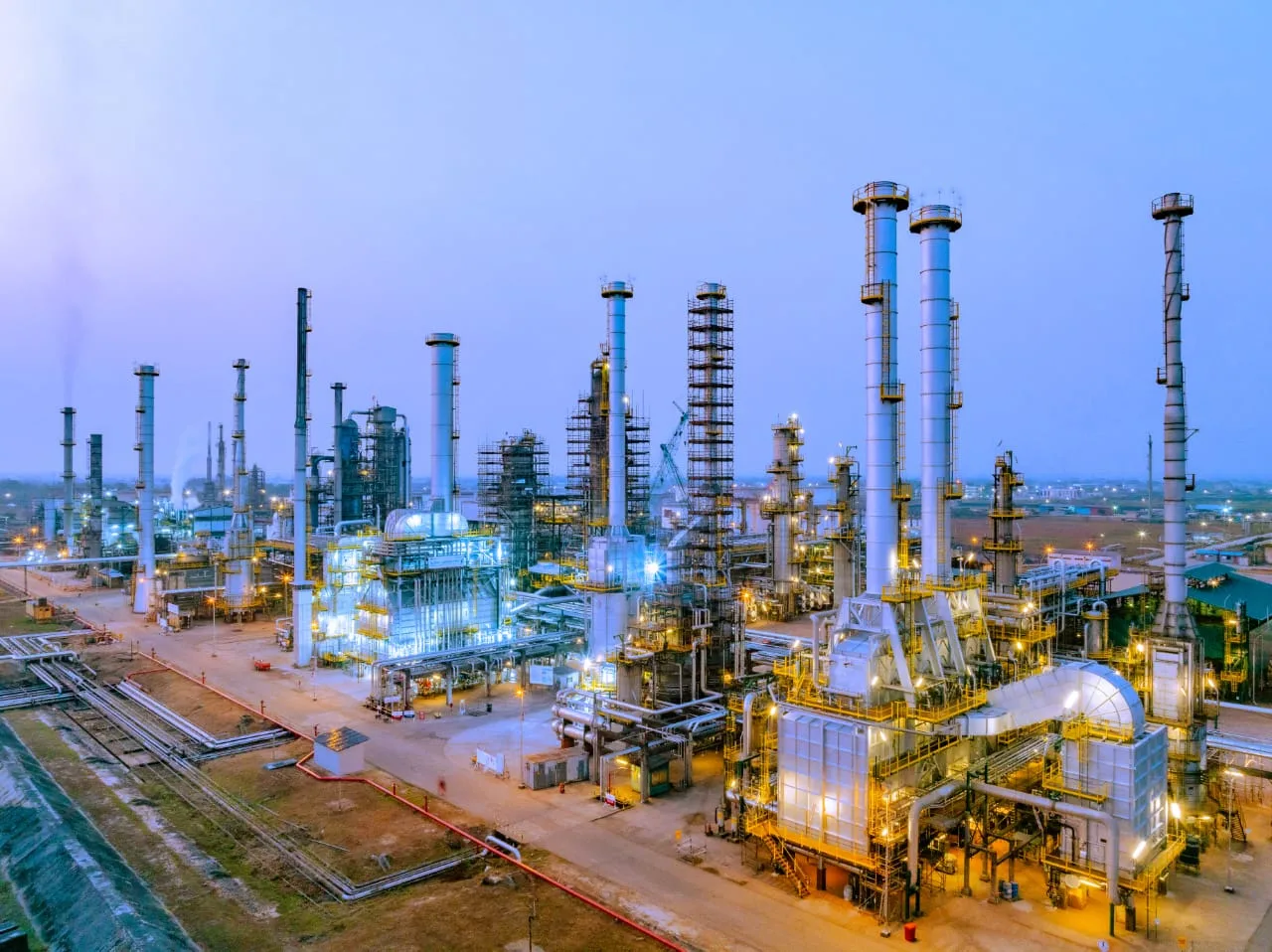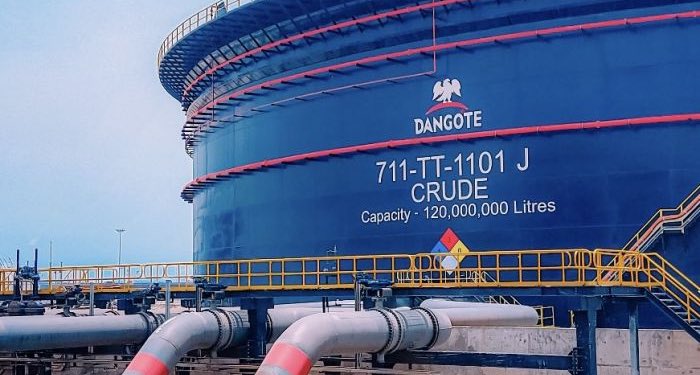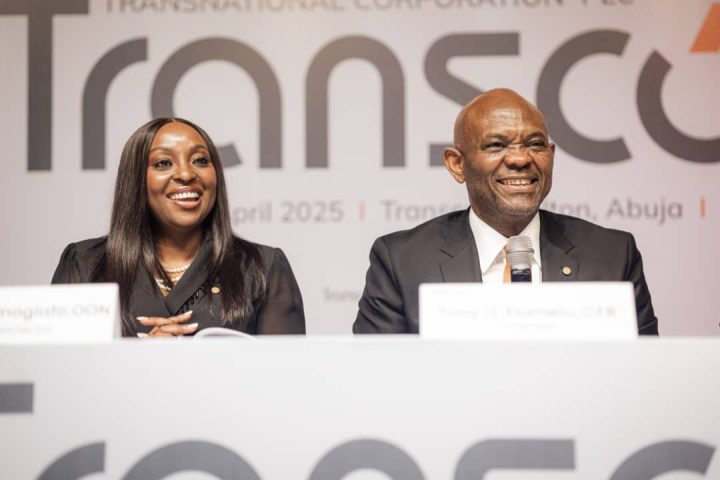By Blessing Nweke
Economist and energy expert, Kelvin Emmanuel, has advanced reasons why the Warri and Port Harcourt refineries are not producing Premium Motor Spirit (PMS), also known as petrol against claims by the Nigeria National Petroleum Company Limited (NNPCL).
NNPCL had on 26 November 2024, announced that Port Harcourt refinery has commenced production after a long period of rehabilitation.
Join our WhatsApp ChannelIt also announced on 30 December that the 125,000bpd Warri refinery in Delta State has begun operations.
However, there are doubts that the refineries are producing petrol as NNPCL had claimed.
Despite efforts of Nigerian authorities to increase domestic production of PMS, there are indications that importation of the product persists.
In an interview with Channels TV, Emmanuel said Nigeria imported about 3.8 billion litres of petrol in the last quarter of 2024. He added that in January 2025, motor vehicle tanker report shows that 458 million litres of PMS was brought into Nigeria, and the NNPCL had 212 million litres of this.
With the Federal Government’s claims that the Port Harcourt and Warri refineries are functioning and currently producing and with the Dangote Refinery also producing, he queried, “why import this much?”

He asserted that the continuation of importation at such significant quantity could be because of two reasons. One is the Port Harcourt and Warri refineries not producing PMS. He also said there are certain individuals who are making extreme profit from this importation, hence the incentive to continue irrespective of the negative implications on the country’s economy.
Why Warri is not Producing PMS
The energy expert argued that technically, the 40 kilometre trunk line that takes crude oil from Escravos through the Chanomi creek to Warri Refining and Petrochemical Company is out of service because of vandalism. “How then is crude oil taken to the refinery?”Emmanuel asked.
He added that Warri refinery does not have a catalytic refining unit that can crack naphtha into higher distillers like PMS. He explained that another proof is that if PMS is actually refined, there should be a recovery of petroleum gases. “How do you claim to be refining PMS and NNPC has not shown us the LPG (Liquefied Petroleum Gas) that is being recovered?” he further asked.
Emmanuel insisted that the 60,000 barrels per day old Port Harcourt refinery and the 125,000 for Warri are not producing PMS.
READ ALSO: Dangote Refinery, FCCPC Clash As NNPCL Insists On Fuel Imports
When asked about the quality of petroleum in Nigeria he said: “the only product I can say meet the standard is the Dangote products.” According to him, “one of the proofs that you are producing PMS that is of standard quality internationally is that you are exporting to these developed market.”
He raised a question again here, “if Warri is producing products that are certifiable by the provisions of the PIA (Petroleum Industry Act), why are they not exporting to other parts of the world?’
The analyst claimed that the NNPCL in certain occasions pledged Nigerian crude oil to foreign creditors who gave them cash upfront to finance projects which at the end, no form of accounting is given to Nigerians and neither can the NNPC show result of such projects.
READ ALSO: NNPCL Increases Petrol Price After Dangote Refinery
On the issue around incentive for importation, the energy expert said: “the tank farm business of importing low quality products that are blended in Malta and then you know the products that are imported by other international traders, some of them are moderate quality but doesn’t really meet up with the specification and quality premium landing price is a very profitable business.
“The business of landing it at the tank farm in Apapa and putting it at those bulk tank farms at a cost of about $2.09 per metric ton is a very profitable business these cartels don’t want to stop.”
He called on the regulator and government to sit with all stakeholders and decide that the time is up for spending Nigeria’s money on importation, especially the shipment of substandard PMS into the country.
The recent announcement that the Warri refinery is undergoing a routine maintenance, barely one after it commencement operations, has further raised concerns about the veracity of the claims by NNPCL that the facility was in good shape in the first place.
Nweke is an intern at Prime Business Africa.
















